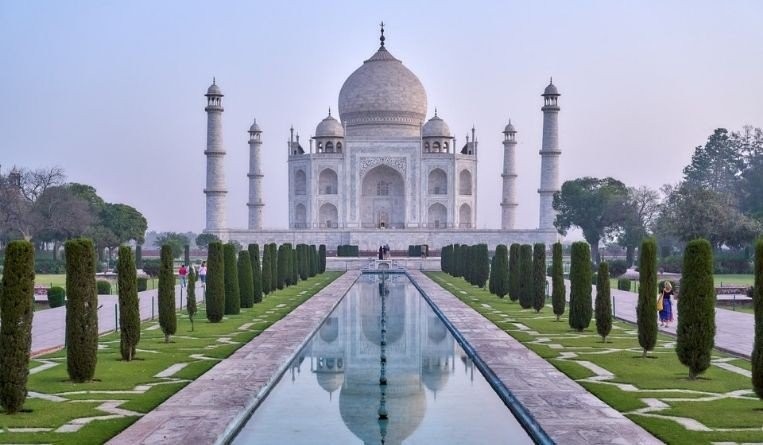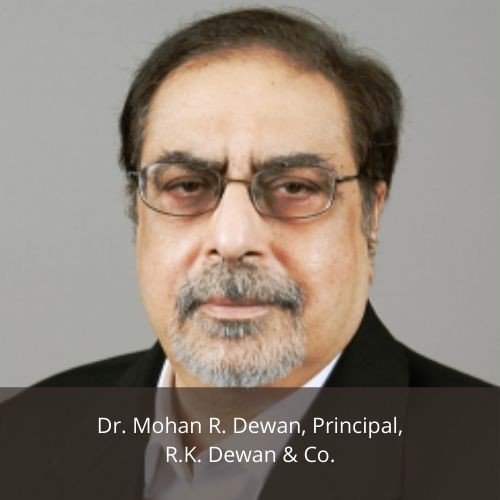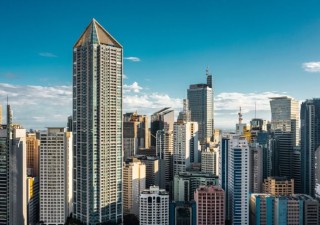High Court of Delhi publishes draft of proposed rules for patent suits
23 October 2020

The High Court of Delhi has published the draft of "The High Court of Delhi Rules Governing Patent Suits” and is now seeking comments and suggestions from members of the Bar.
The proposed Rules were drawn up to simplify the process for filing and adjudication of patent suits in India.
For the past 15 years or so, the High Court of Delhi has been receiving majority of total patent infringement suits being filed in India, with the numbers significantly growing in the last five years. This was particularly more evident after India amended its patent laws to comply with the Agreement on Trade Related Aspects of Intellectual Property Rights or TRIPS. The patent infringement actions involved a wide range of technologies, from pharmaceuticals and telecommunications to wind technology.

The Rules include the conduct of three case management hearings before the final arguments. The first case management hearing will be held for framing of issues based on claim construction, invalidity and infringement briefs. The second case management hearing will include the hot tubbing technique, in line with the amendment to the Delhi High Court (Original Side) Rules in 2019 which provides for the inclusion of hot tubbing in litigation. Hot tubbing aims to eliminate bias and misinformation given by the opposing party by allowing expert testimony as directed by the Court on its own motion or on the application by a party.
The Rules also govern the procedures for a first suit hearing, final hearing, filing of affidavits and other briefs.
Aside from these, The High Court of Delhi Rules Governing Patent Suits propose the formation of a panel of scientific advisors from various disciplines to assist the judges. A qualified mediator or panel of mediators will also be appointed in case the Court decides that the parties should resort to mediation. The panel of mediators shall include technical experts. Consent of both parties to go into mediation is not required under the Rules.
Additionally, the Rules govern the content of pleadings and documents to be filed in a patent suit, among others.
Manisha Singh, co-founder and partner at LexOrbis in New Delhi and Dr. Mohan R. Dewan, principal at R.K. Dewan & Co. in Mumbai and Pune agree that the draft Rules are comprehensive and explained in good detail.
“[The Rules] also streamline the hearing procedures which are generally in line with the provisions of the Commercial Court Act, 2015,” said Singh.
“[They are] seemingly inspired from the practices followed in the US courts, for example, in relation to providing briefs on claim construction at the very start to settle the question pertaining to claim language and terminology and to facilitate better framing of issues,” said Dewan.
“However, there may be issues relating to the appointment of scientific advisors and independent technical experts which is considered a contentious domain when it comes to the independent nature of such experts/advisors,” he added. “The framework proposed will certainly help find a middle ground somewhere, to start with. Further, there is scope for having due diligence investigations and discovery proceedings before the start of the actual trial.”

“I am not very sure whether these Rules could address another issue which is frequently being cited by the litigants and that concerns the difficulties they face due to frequent changes in the roster of judges leading to the delay in final adjudication of suits,” said Singh.
Despite these, Dewan and Singh believe the Rules will enable a more standardized and effective system of adjudication of patent suits in India.
“This may also significantly cut down the volumes of documents filed in such suits,” said Singh.
Dewan likewise noted the proposal on recordal of evidence.
“Allowing modern methods of recording of evidence is a very appreciative and modern approach being considered that will speed up the proceedings as well,” he said.
Under the proposed Rules, audio or video recordings of evidence including through video conferencing, will be stored in the electronic record of the patent infringement case, using a format which prohibits editing to avoid tampering of evidence.
Will the Rules inspire a similar framing of policies for trade secrets and copyright suits in India involving technical issues?
“Most probably yes,” said Dewan. “And such rules will surely take into account any shortcomings of the patents-related rules that may come to light in the near future.”
Singh believes that for now, the timelines and procedures prescribed under the Code of Civil Procedure as amended by the Commercial Courts Act, 2015 are sufficient for litigation procedures involving other intellectual property assets.
“Patent infringement suits stand on different footing due to core technical subject matter involved which requires procedures not applicable to other IP infringement suits such as infringement/non-infringement or validity/invalidity analysis by experts and laboratories, maintaining confidentiality of information used in the litigation, appointment of scientific advisors for the assistance on facts, etc,” Singh explained.
Espie Angelica A. de Leon






